
Soulever Towers
- 1-4 Bed
- 830 - 3115 sqft
OPPORTUNITIES FOR EXPATS IN
DUBAI
Dubai has become one of the most attractive real estate markets for global investors seeking to double their investment. With a stable economy, skyscrapers, luxurious lifestyle, stunning beachfront residences, world-class amenities & facilities, and the top notch security, Dubai stands as a top destination for foreign investors. Let's delve into the complete guide about how Australians can buy a property in Dubai and what are the benefits of investing in Dubai Real Estate.
What if you could find a prime investment that offered world-class infrastructure, high rental yields, and a zero-tax environment?
The Australian property market simply isn’t delivering the growth or relief for many Australian property investors. That is why the world’s savviest investors are now turning their attention to Dubai, a leading global economic hub that is rewriting the rules of property investment.
Once known only for luxury, Dubai has become a stable, globally recognized business center. It offers high rental income and no property or income tax.
This guide is for Australians who want to buy property in Dubai. We will cover the steps, laws, and financial benefits to help you make a smart, high-yield investment from overseas.
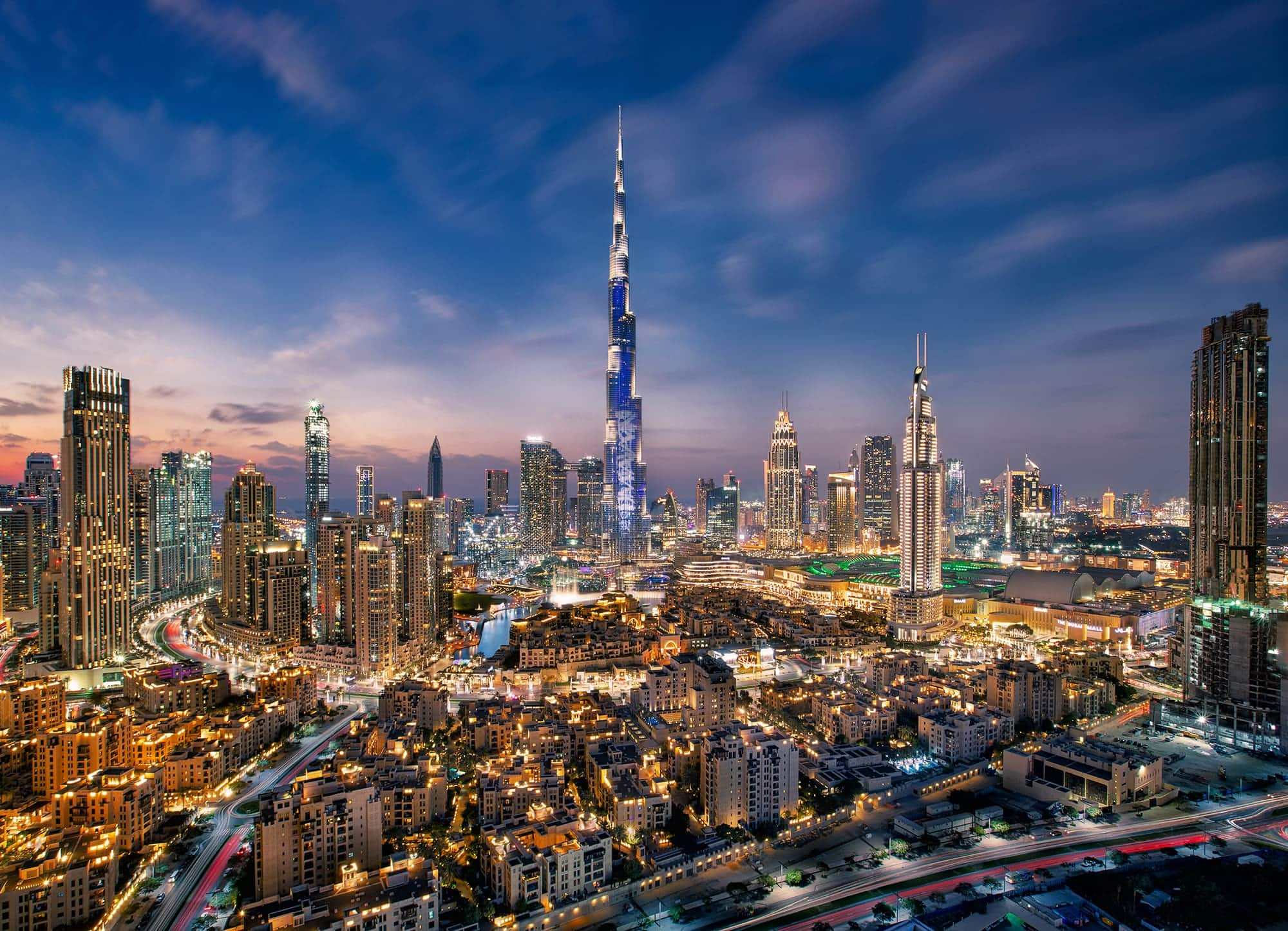
Dubai is a place where you can witness both faces of coins. The city prominently highlights its historical legacy and the cutting-edge development that showcases a world of tomorrow.
Dubai features several globally significant landmarks, notably the Burj Khalifa—the world’s tallest residential tower—and the extensive, man-made Palm Jumeirah island.
This city is actually the main hub for business and trade. It is definitely the economic heart of the UAE. What truly makes Dubai special isn't the tall buildings, though. It is their people.
Over 80% of everyone living there is an expat, turning the city into a vibrant, open, international hub. This mix of people from the Middle East, Europe, and Asia creates a truly lively and welcoming culture for everyone.
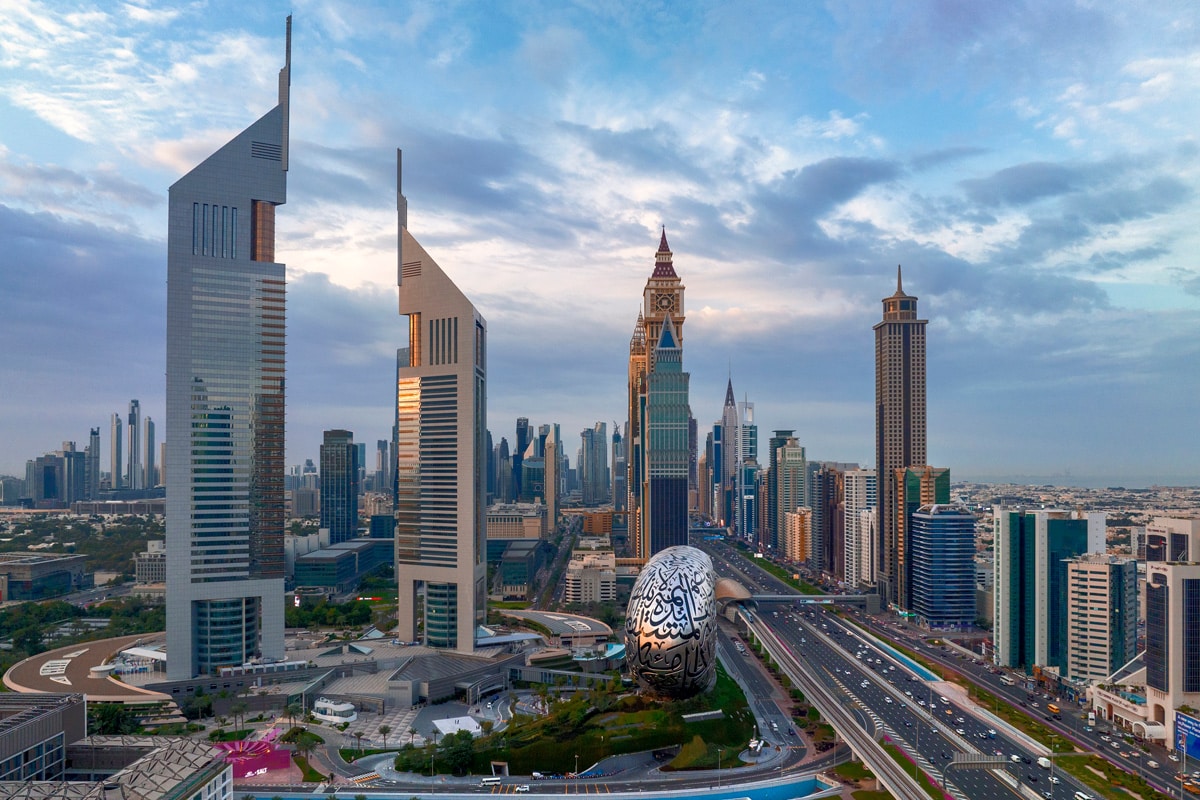
Dubai's climate offers two unique experiences. The summer months feature elevated temperatures, typically exceeding 40∘ C (104 ∘ F).
It is efficiently managed through the city's globally recognized, state-of-the-art indoor and cooling infrastructure. You can enjoy beaches in the evening and do a lot of water sports.
The winter months are exceptionally mild and pleasant, making this season a highly sought-after, fantastic period for international visitation and outdoor activities
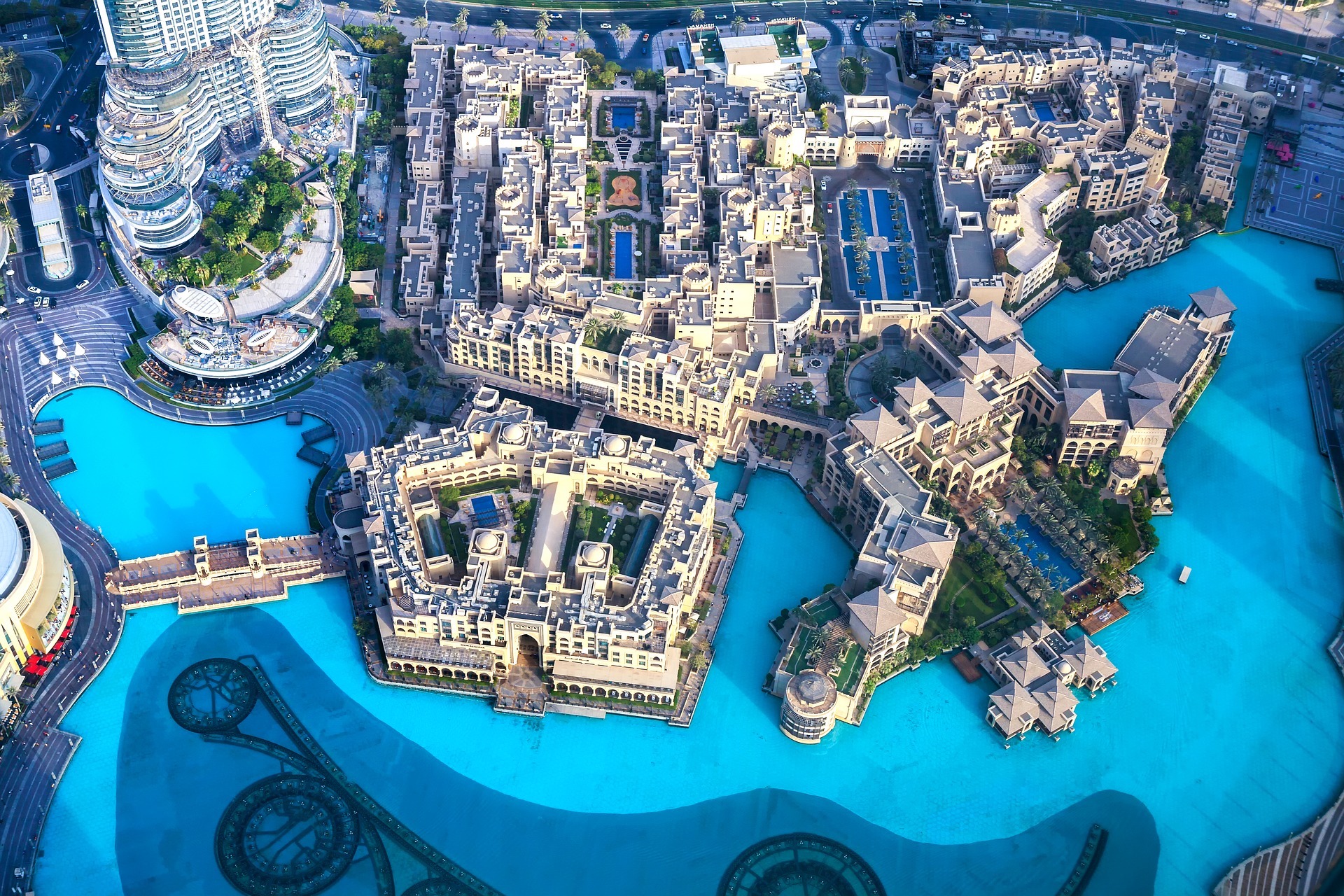
Dubai provides Australian property investors a strategic offshore market solution where the local environment may be constrained. Its appeal is built on four core strengths:

Soulever Towers

Chelsea Residences 2 By Damac

Riverton House

The first, most critical distinction is Freehold vs. Leasehold.
Freehold Areas are ideal for investment from Australia. You will get the full ownership of the property unit in these areas. Some popular areas where Australians can invest across Dubai are:
There are some family-oriented communities such as Arabian Ranches, Dubai Hills Estate, Jumeirah Village Circle (JVC), DAMAC Hills, and many more.
Get in touch with FP Property to find the best area within your budget to invest directly from Australia.
You can not buy properties outside these free hold areas. You must ignore non-Freehold (Leasehold) listings, which only grant temporary usage rights.
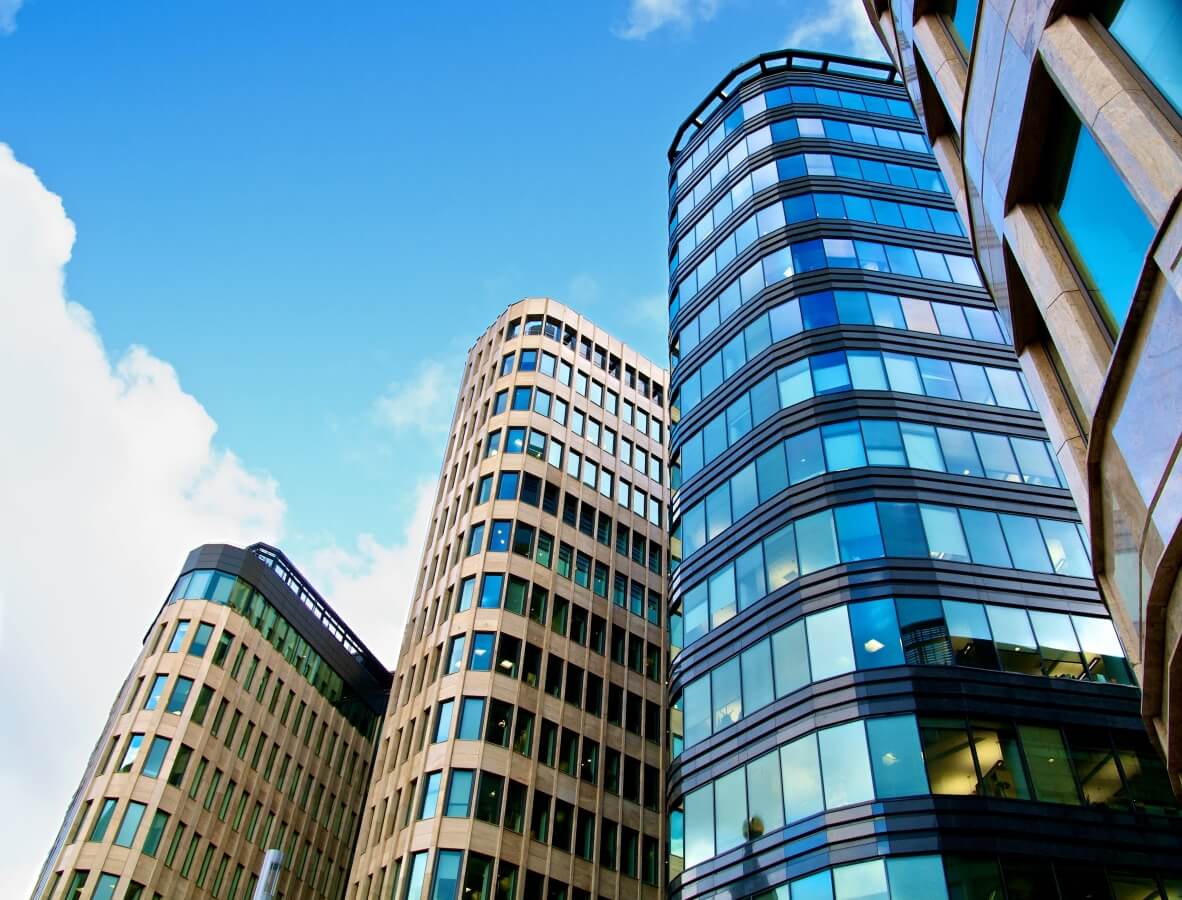
The Dubai market is built on high-density living, not detached houses. Most investments in Dubai properties fall into the categories of residential properties and commercial properties.
You have apartments and Villas/Townhouses in residential property category:
These dominate the market. You can aim for high rental yields in tower blocks with great transport links, perfect for expatriate tenants.
Found in master-planned estates (like Dubai Hills Estate), these are better for capital growth and suit long-term family rentals.
This is a niche, complex choice for experienced buyers seeking higher, yet more volatile, income. Stick to properties in Free Zones if you consider this path. In commercial Property investment category you can invest in
Here is the comparative market data for Australian investors (Approximate 2025 Figures)
| Area | Property Type Focus |
Average Gross Rental Yield (Approx.) |
Investment Strategy |
|---|---|---|---|
| Downtown Dubai | Luxury Apartments, Penthouses | 4.5% – 6.0% | Capital Appreciation & Prestige |
| Dubai Marina | High-Rise Apartments, Waterfront | 6% – 6.5% | High Yield & Short-Term Rental Potential |
| Jumeirah Village Circle (JVC) | Affordable Apartments, Townhouses | 7.0% – 9.0% | Maximize Yield & Low Entry Price |
| Palm Jumeirah | Villas, Ultra-Luxury Apartments | 3.5% – 5.5% | Exclusivity & Lifestyle Premium |
| Business Bay | Modern Apartments, Office Space | 6.0% – 8.0% | Strong CBD Link & Professional Tenant Base |
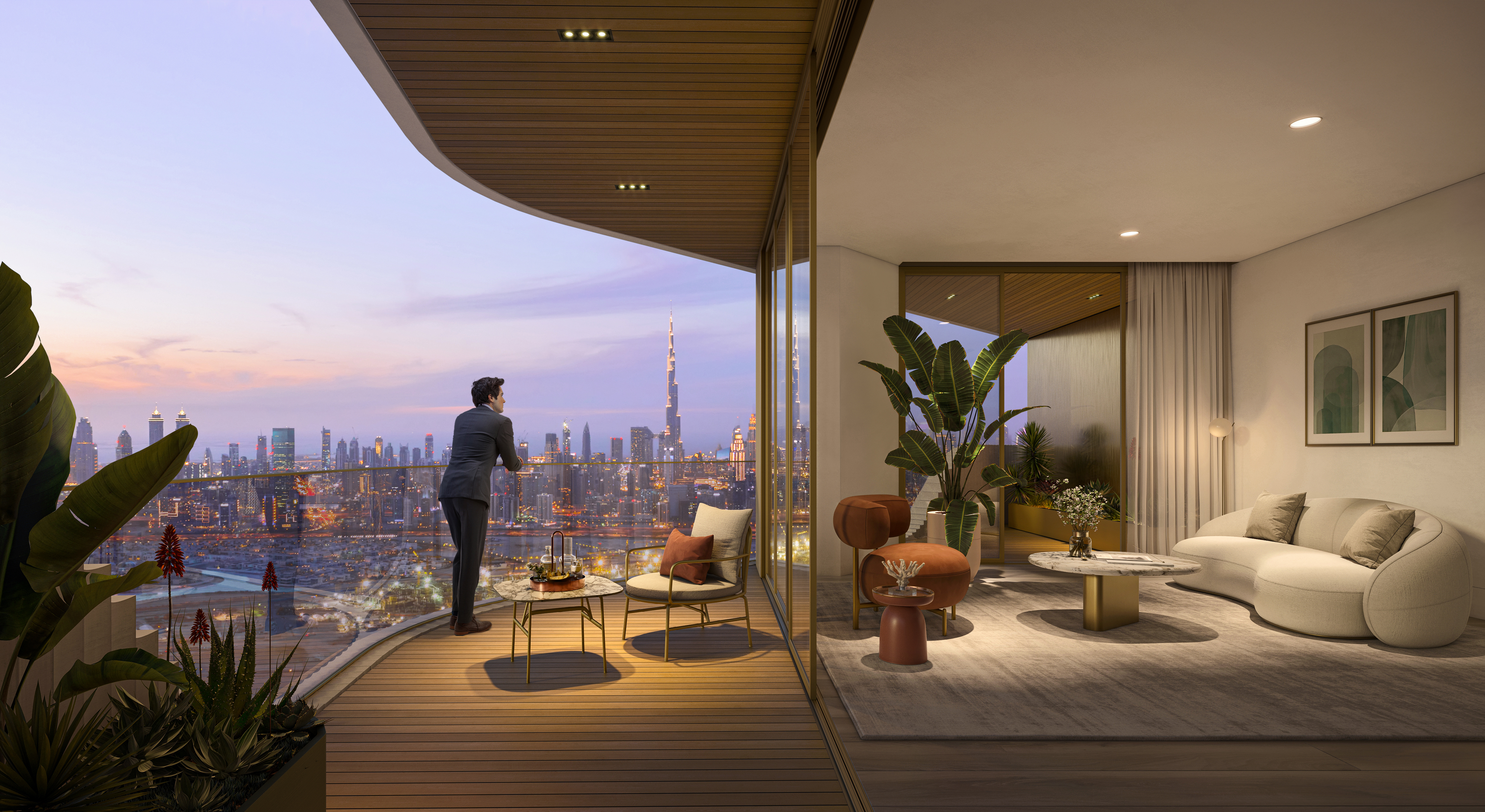
Unlike Australia, the Dubai Real Estate scene is dominated by key Master Developers like Emaar, Sobha, Danube, Binghatti, Aldar Properties, Nakheel Properties and DAMAC Properties among many others.
Investing with developers that have an excellent track record means you are investing in property that will have a great value in the future. It will definitely influence your capital value and rental appeal.

Azizi Noura

Azizi Lina

Rosehill by Emaar
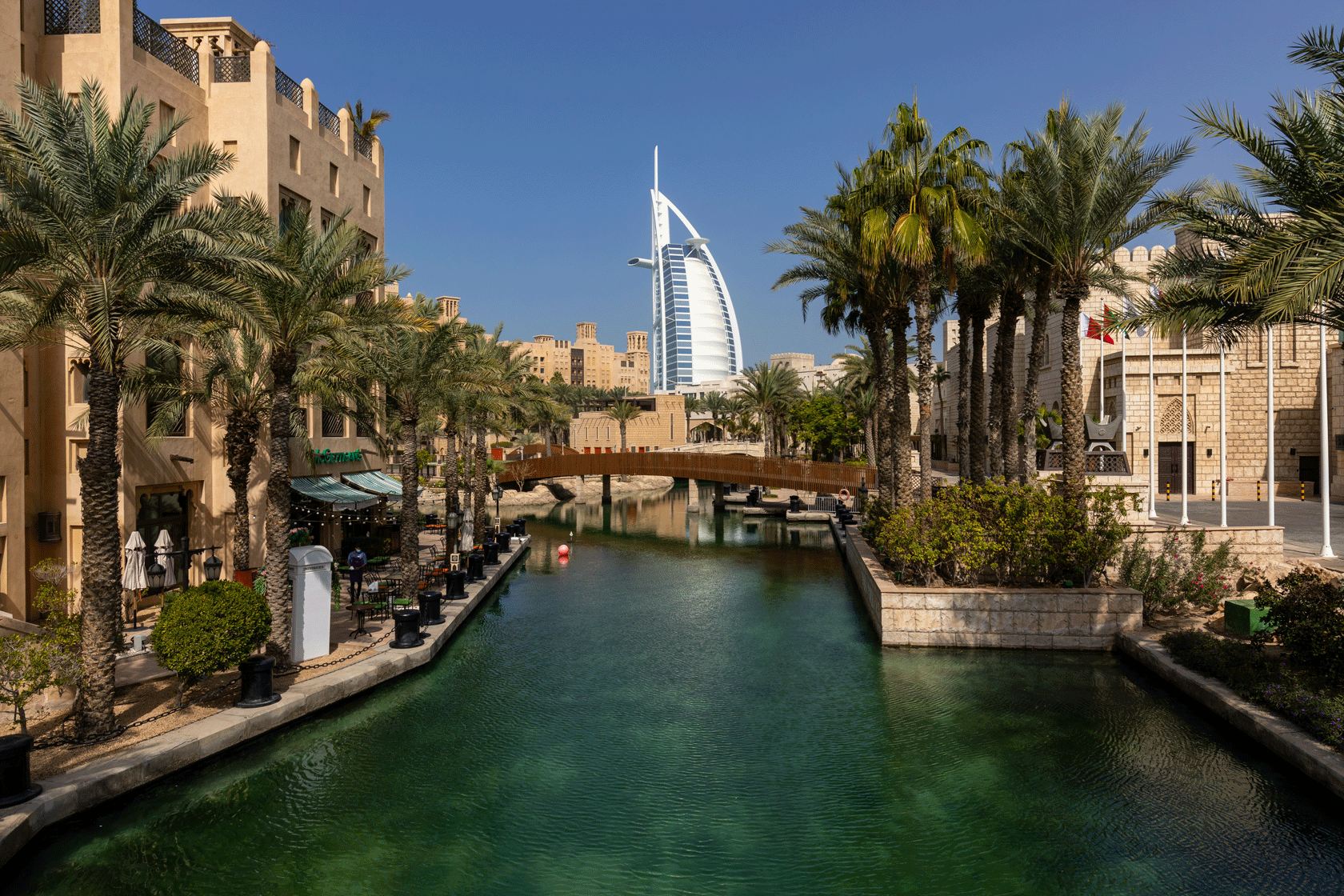
When you buy property in Dubai as a foreigner, two main government offices handle everything instead of a private lawyer (like a conveyancer) you might use back home. Here is:

The RERA regulations were specifically strengthened to create transparency and high security for international investors after previous market challenges. Real Estate companies like FP Property (who have a strong, established presence in Dubai) specialise in navigating the DLD and RERA processes for foreign investors. This is a common and wise step for a non-resident.

Since you can't be in Dubai for all the legal steps, a Power of Attorney (POA) is your remote control.
This legal paper lets someone you trust, like a lawyer, sign the initial agreement (MOU), handle money transfers, and finalize the Title Deed at the DLD.
Getting an overseas POA accepted is strict: it must be in Arabic and English, signed before an Australian Notary Public, then stamped with an Apostille by DFAT.
Your property in Dubai needs MOFA (Ministry of Foreign Affairs) attestation and a UAE Notary Public registration. You need to start this process as quickly as possible since it takes weeks!

Silva By Emaar

Pearl House Phase 4 by Imtiaz

Talea by Beyond
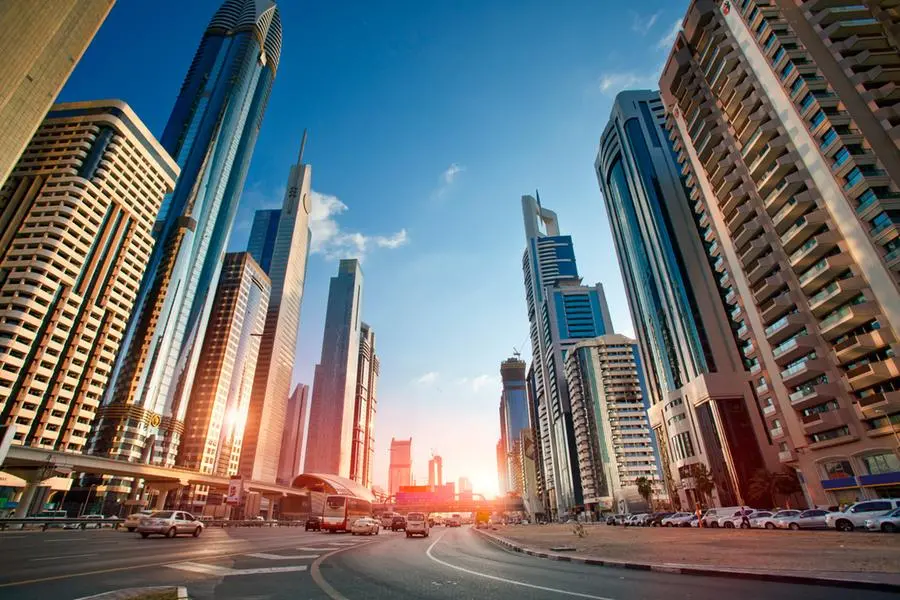
RERA protects your money when buying off-plan property in Dubai Real Estate. Your funds go into an Escrow Account, not the developer. RERA inspectors check construction milestones before the developer gets paid, limiting risk. For proof of ownership, the DLD issues a Title Deed, and off-plan sales are registered via the OQOOD system, confirming your interest early.
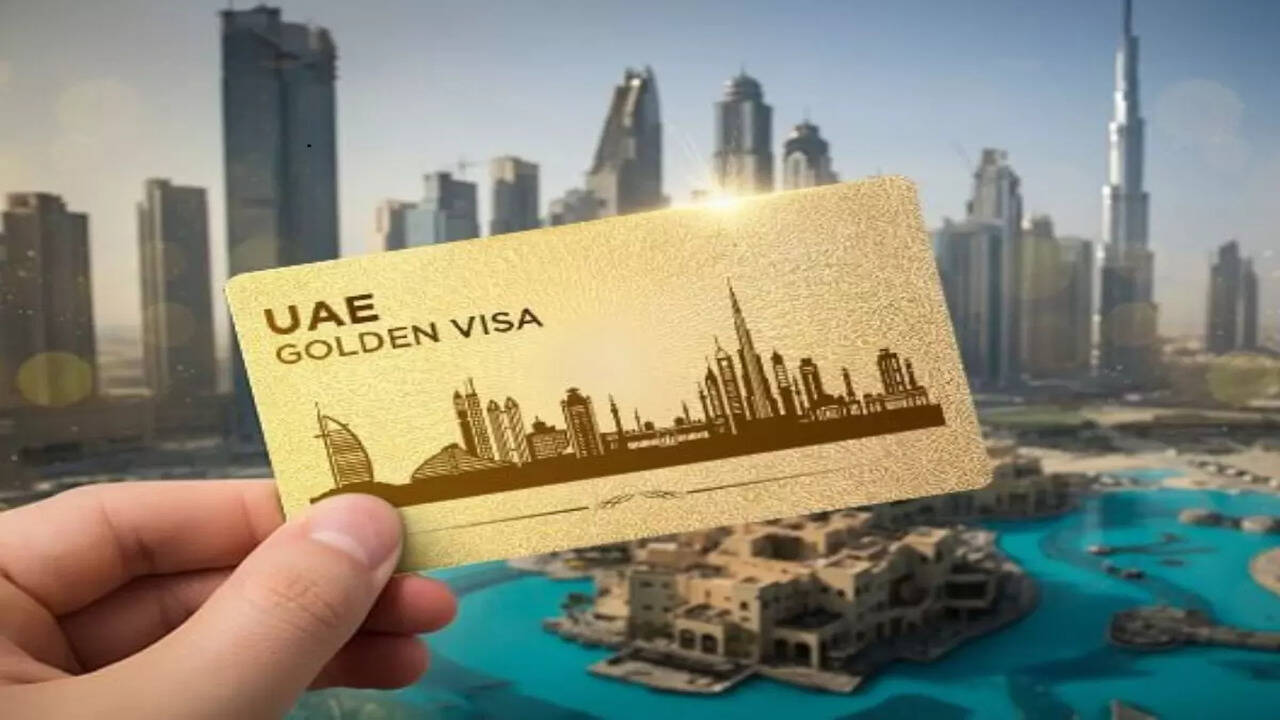
You can quickly get your long-term UAE residency by investing in Dubai Real Estate. You need to spend at least AED 2.5 million ( AUD 800K) on property. You can qualify for a 10-year Golden Visa with this investment.
However, getting a UAE visa isn't necessary for ownership. But you can easily manage your Dubai investment remotely. Additionally, it can make travel to the UAE an easy song with a bank setup much smoother.

The real price of Dubai Real Estate is much more than the sticker price. Just like Australia has Stamp Duty, you must budget for mandatory government fees.
These extra charges are usually non-negotiable and apply to every Dubai property sale, whether it's a finished home or an off-plan unit.
Always factor in these additional fees to know your true Dubai investment cost.
You must budget an additional at least 6% to 7% of the Purchase Price for mandatory fees.
| Fee Type | Cost Structure (Approx.) |
Who Pays? | Australian Equivalent |
|---|---|---|---|
| DLD Transfer Fee | 4% of the Sale Price | Buyer (Standard Practice) | Stamp Duty |
| Agent Commission | 2% of the Sale Price + VAT (5% on fee) | Buyer (Standard Practice) | Agent Commission |
| Registration Trustee Fee | AED 4,000 + VAT (for properties > AED 500k) | Buyer | Settlement Agent Fee |
| Mortgage Registration Fee | 0.25% of the Loan Value | Buyer (If applicable) | Mortgage Stamp Duty/Registration |

Altiera Heights

Sierra by Iman

ELAR1S Sky
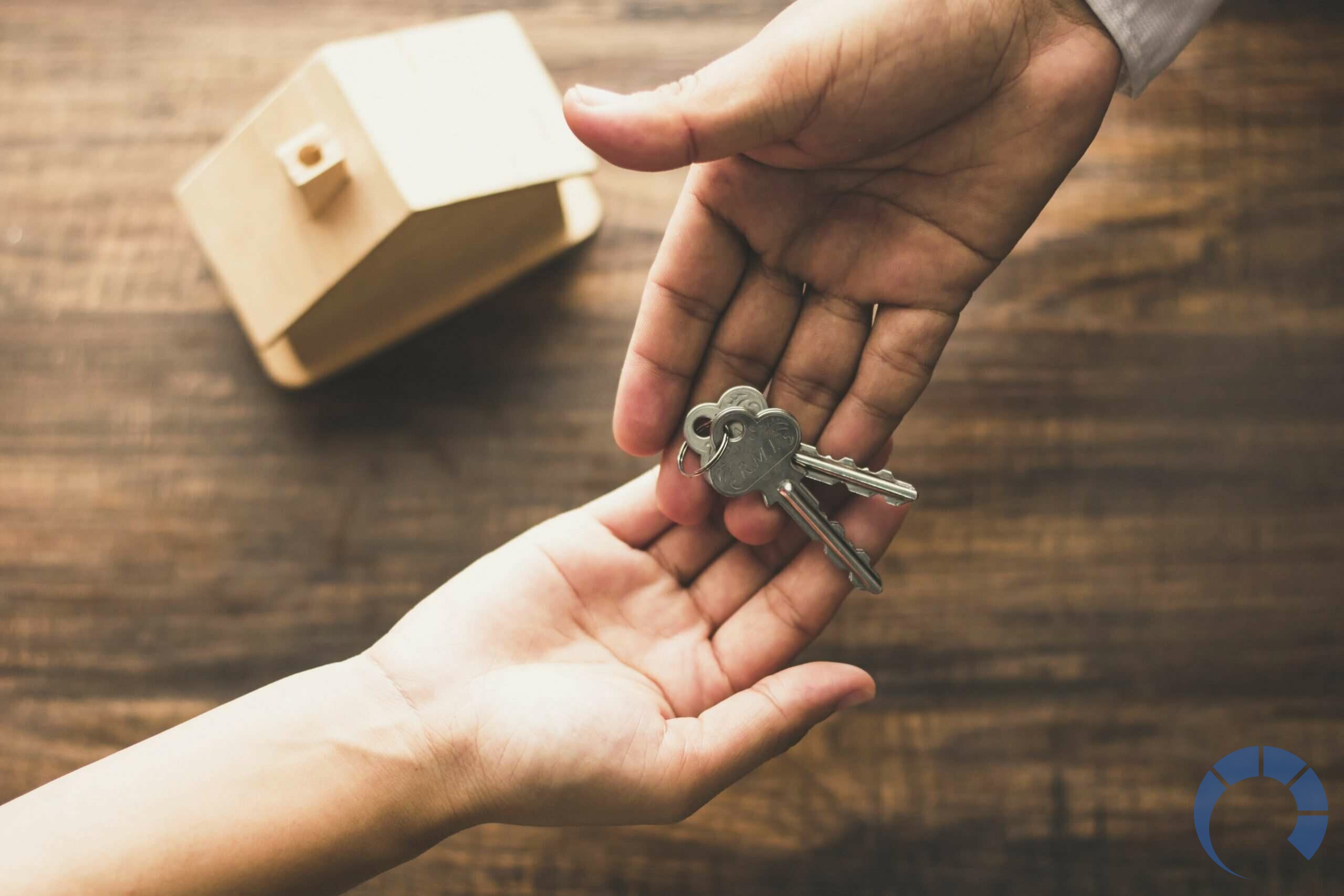
Here are the main extra costs when buying Dubai property:

Once you own a property in Dubai, your yearly expenses are mostly covered by what the city calls Service Charges—the equivalent of council rates and strata levies combined.

Investing in Dubai property from Australia is very different from buying locally. Since you can't be there for open houses, your full approach must be digital.
You need to put all trust in a highly capable team like FP Property to handle the entire process for you on the ground
This step-by-step guide is specifically designed to help Australian property investors navigate the ready-property market (secondary market) in the UAE with maximum efficiency and transparency.
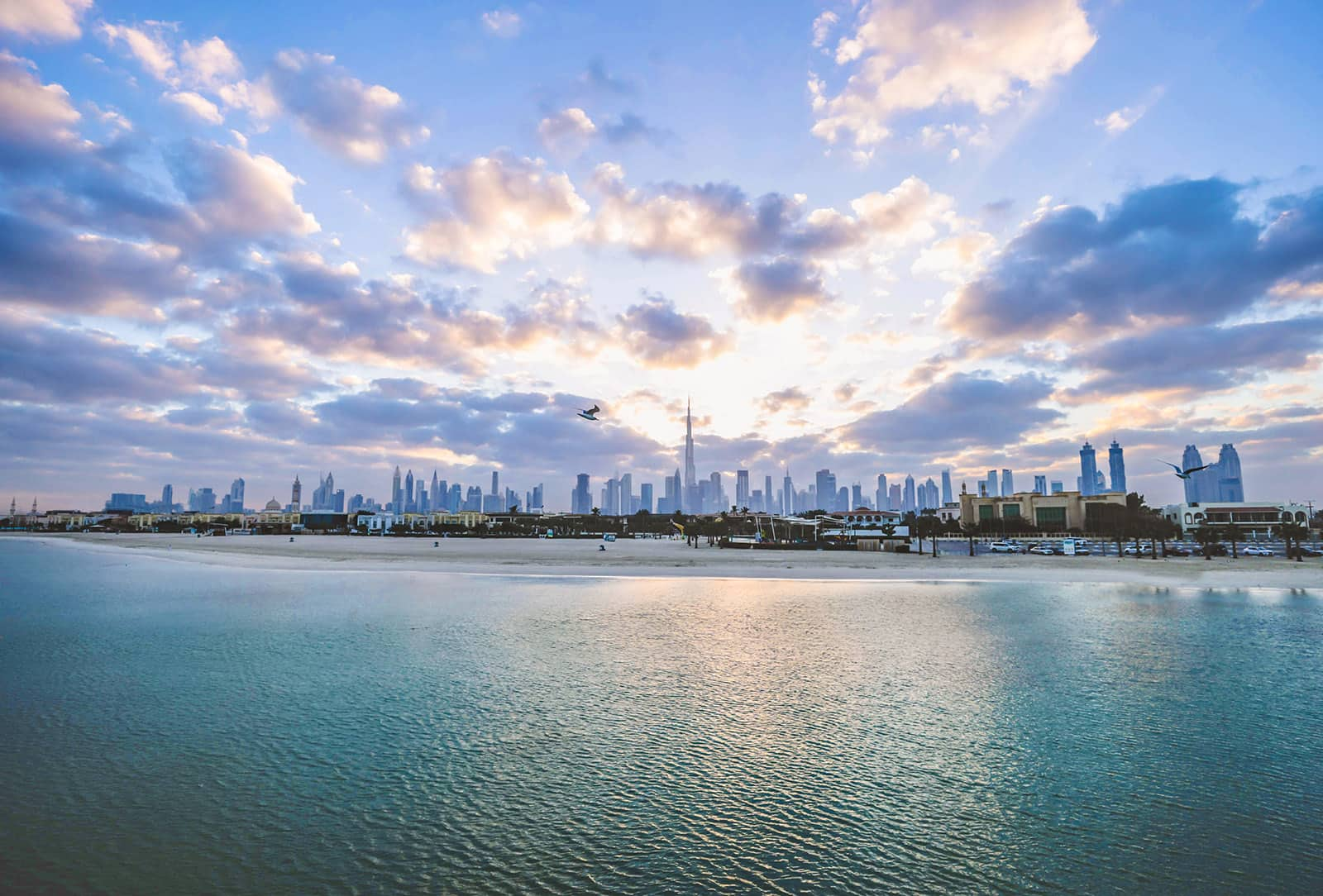
Your first task is simple: find a property that perfectly hits your financial targets, whether you're chasing high rental yield or maximum capital appreciation. Since you won't be visiting, your local team becomes your most critical asset.

In Australia, a local agent is fine. But for a remote investor in Dubai, you must find a broker who is a RERA-certified expert and, crucially, specialises in non-resident transactions.

Once a property is shortlisted and you’re ready to proceed, your broker must gather a specific, mandatory checklist of documents to protect your Dubai property investment:

At this stage, you can make the deal. Get ready to switch from a simple handshake agreement to a locked-in legal contract.
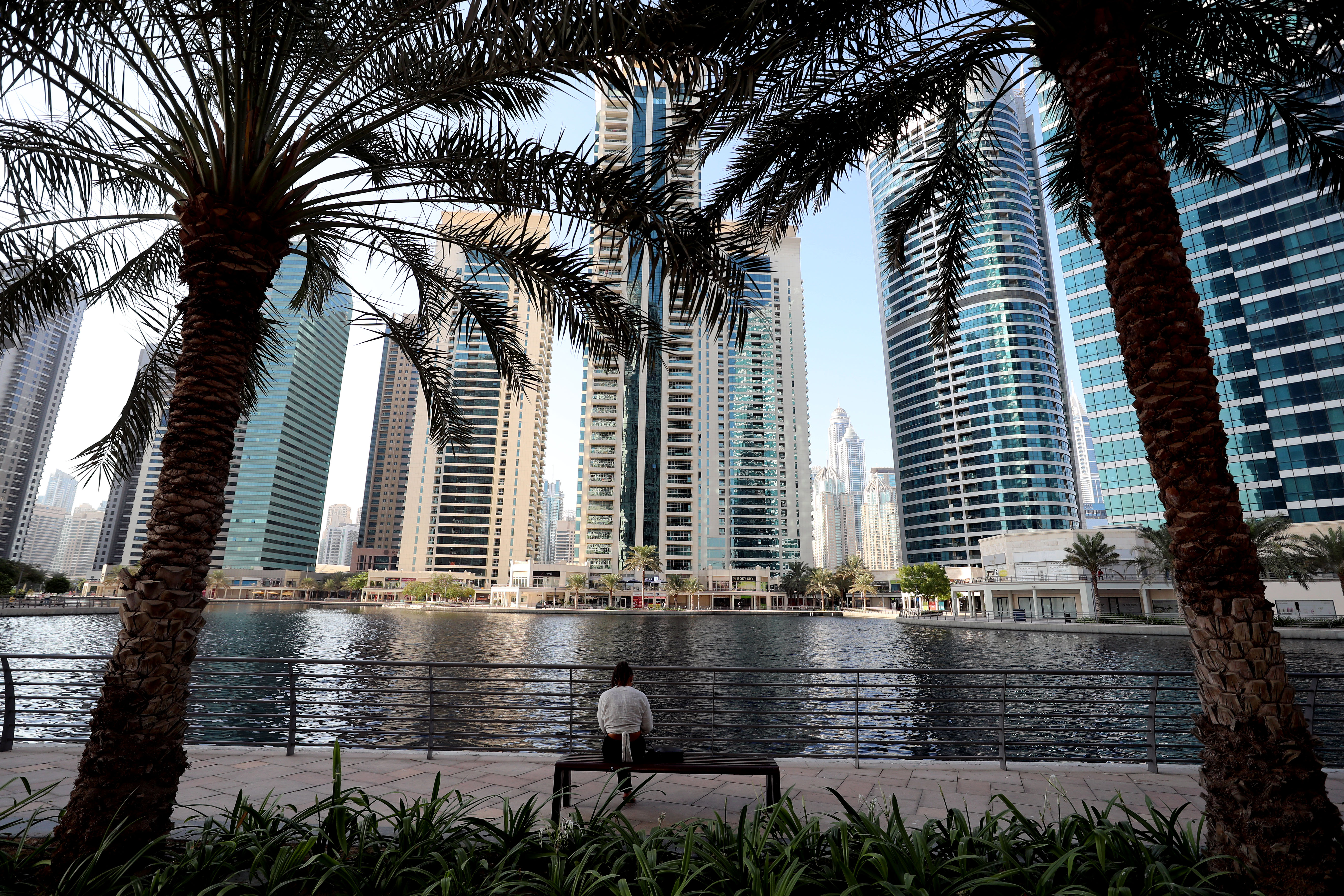
Before this initial agreement becomes a serious, legal contract, you must complete the Compliance and Due Diligence stage. This is where your team checks all the legal and financial details to make sure the property and seller are fully compliant.
FP Property’s team specialises in guiding our Australian clients through this entire process remotely, providing transparent, on-the-ground support to ensure your overseas investment is secure and compliant with all Dubai regulations.
Once compliance is verified, the final steps to legally secure your investment are simple:

Your trusted person—the one with the official Power of Attorney (POA)—will sign the Form F agreement for you.
Signing this document officially locks in the sale price, all the agreed-upon conditions, and the deadline for the final ownership transfer (which is usually 45 days from the signing date).

With the contract signed, two key administrative steps need to be sorted out before the ownership officially moves to you.

The seller must obtain an official No-Objection Certificate (NOC) directly from the property’s master developer or the community management office. This confirms all financial obligations on the property have been cleared.
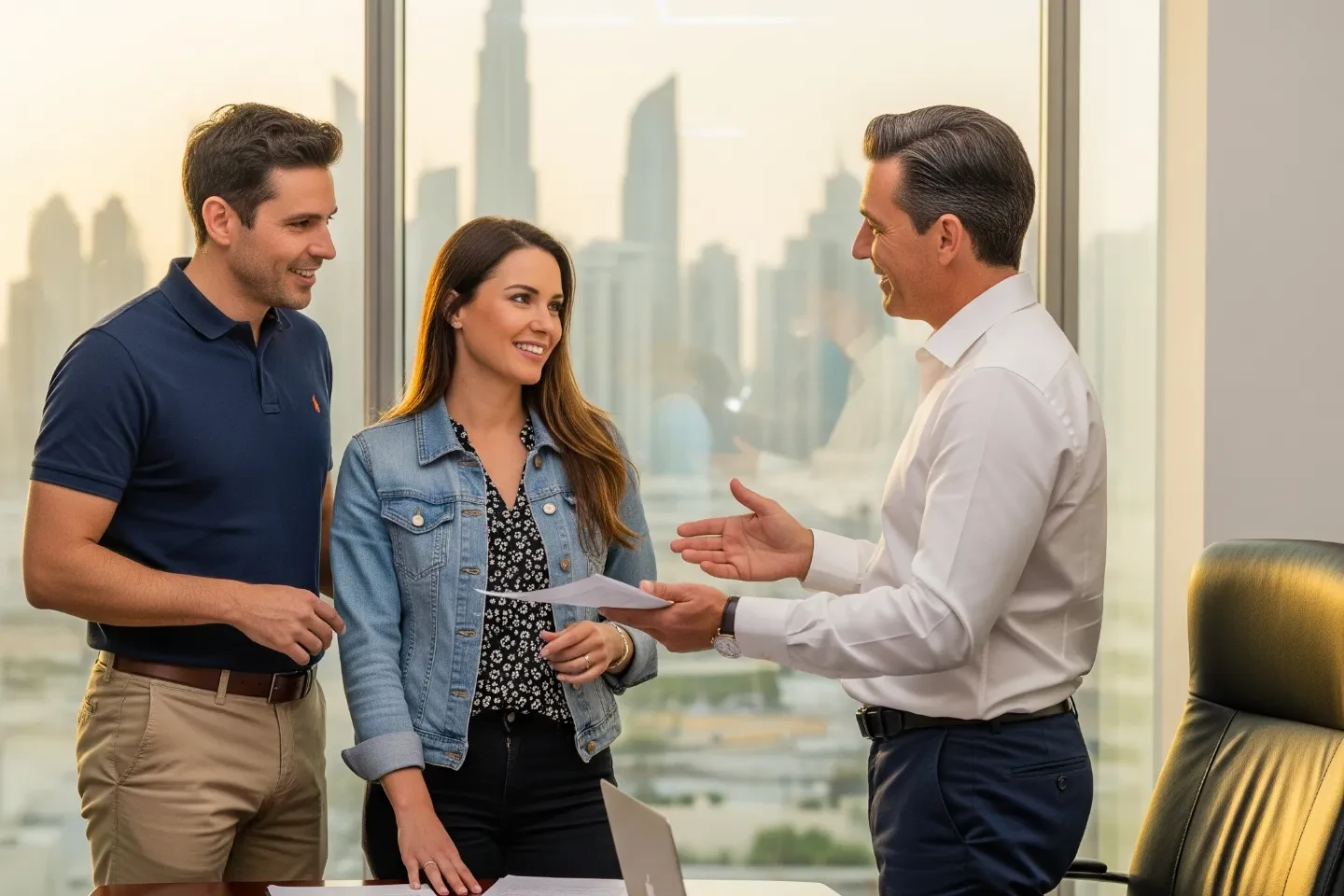
If you are buying with a mortgage from a UAE bank, the final loan approval and signing of the mortgage documents must happen now. Your bank will then register their interest against the property at the DLD. This is when you pay the 0.25% mortgage registration fee on the loan amount.

The entire purchase process concludes at one of the DLD-approved Trustee Offices.
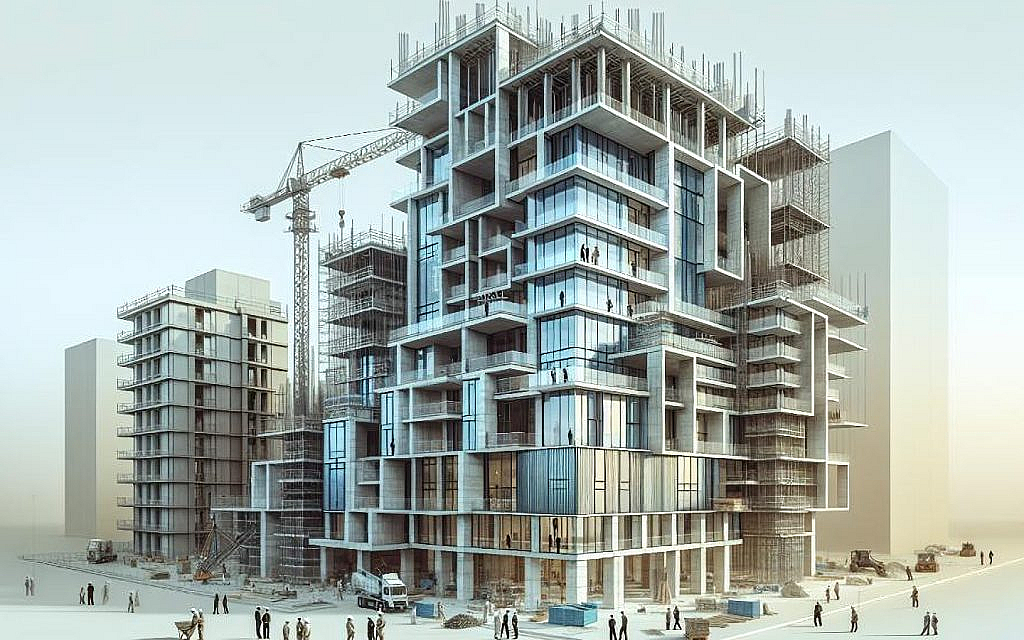
Once the title is transferred, there are a few final logistics to finalize a rental property.
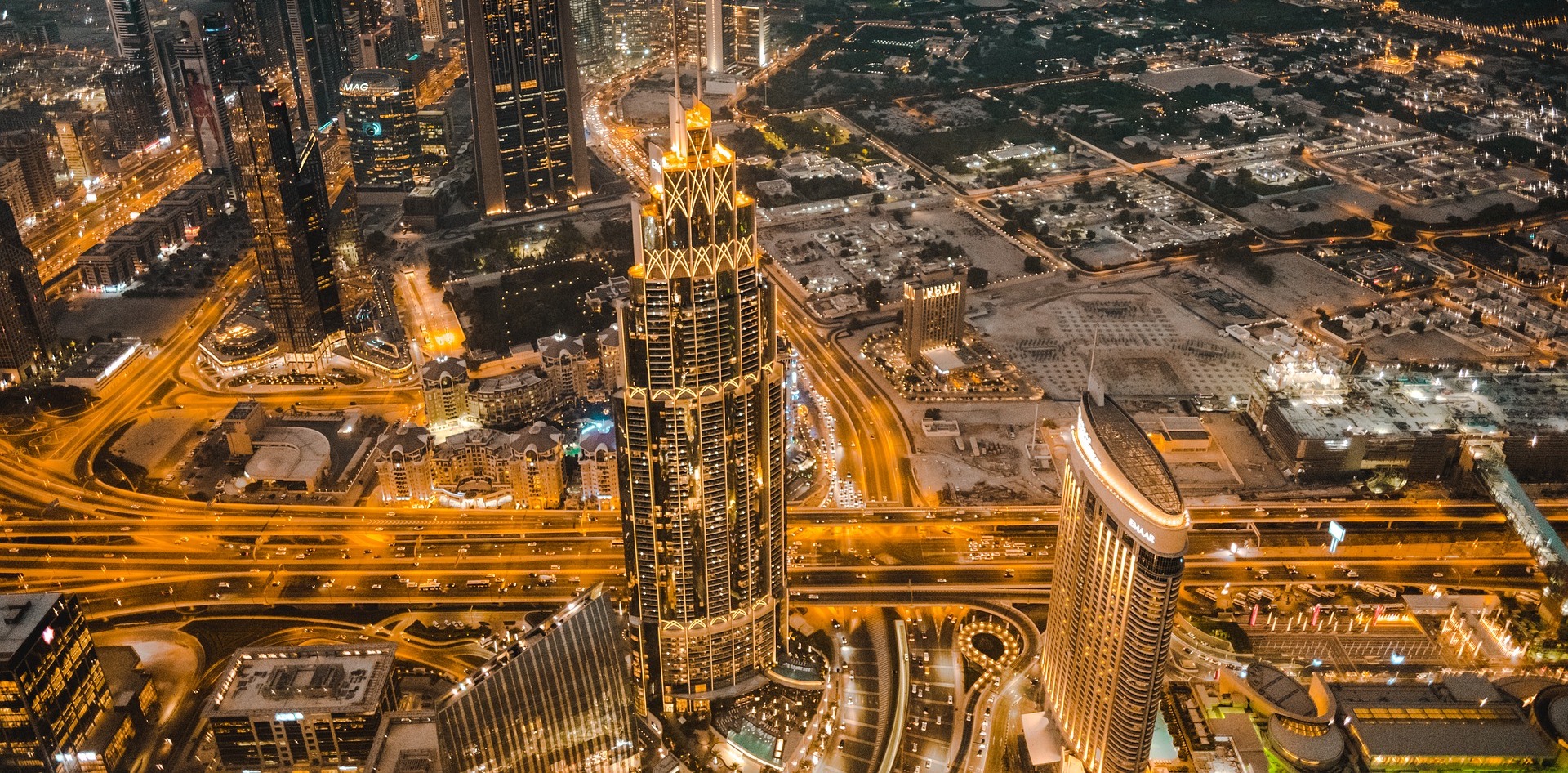
For an Australian investor, the tax landscape is often counter-intuitive. You will encounter the UAE's zero tax environment, but you cannot simply ignore the Australian Taxation Office (ATO).
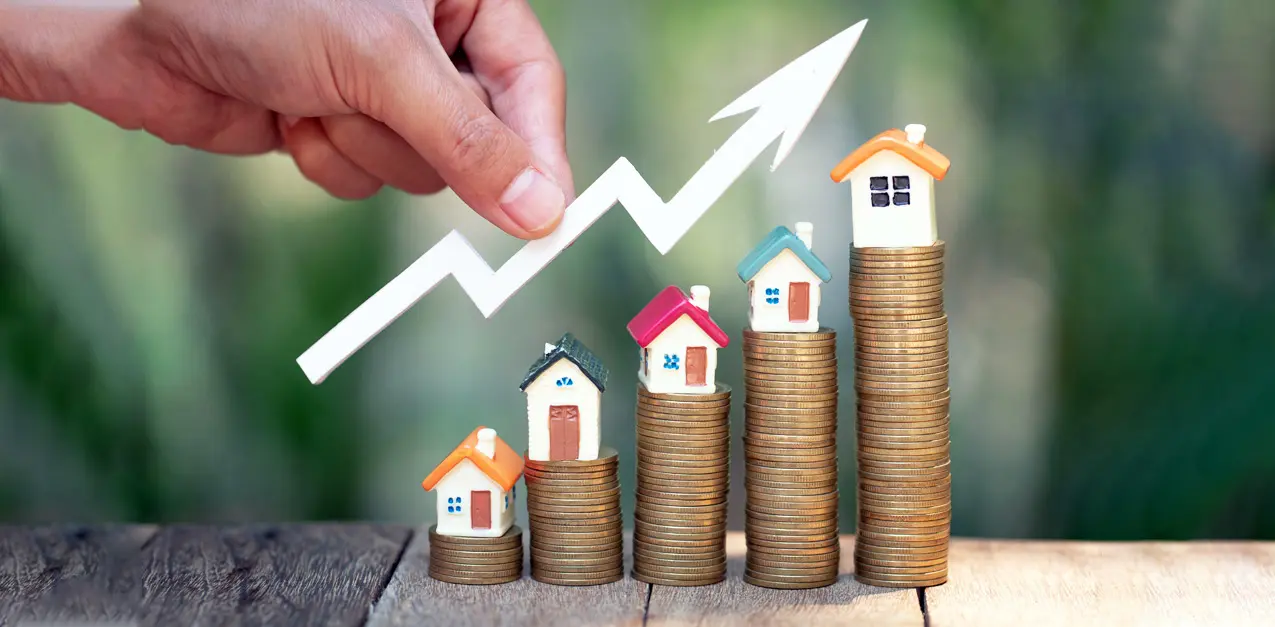
Let’s reiterate the UAE’s position, as it’s the main driver for many investors:
This doesn’t mean the investment is tax-free overall; it simply means the UAE will not tax your profit or income.

The ATO’s rules are based on your tax residency status. For most Australians living permanently in Australia, the following rules apply:
The bottom line for the Australian investor: You must seek advice from an Australian tax accountant who specializes in international property investment. Relying purely on the 'tax-free' narrative of Dubai is a fast track to an ATO audit.
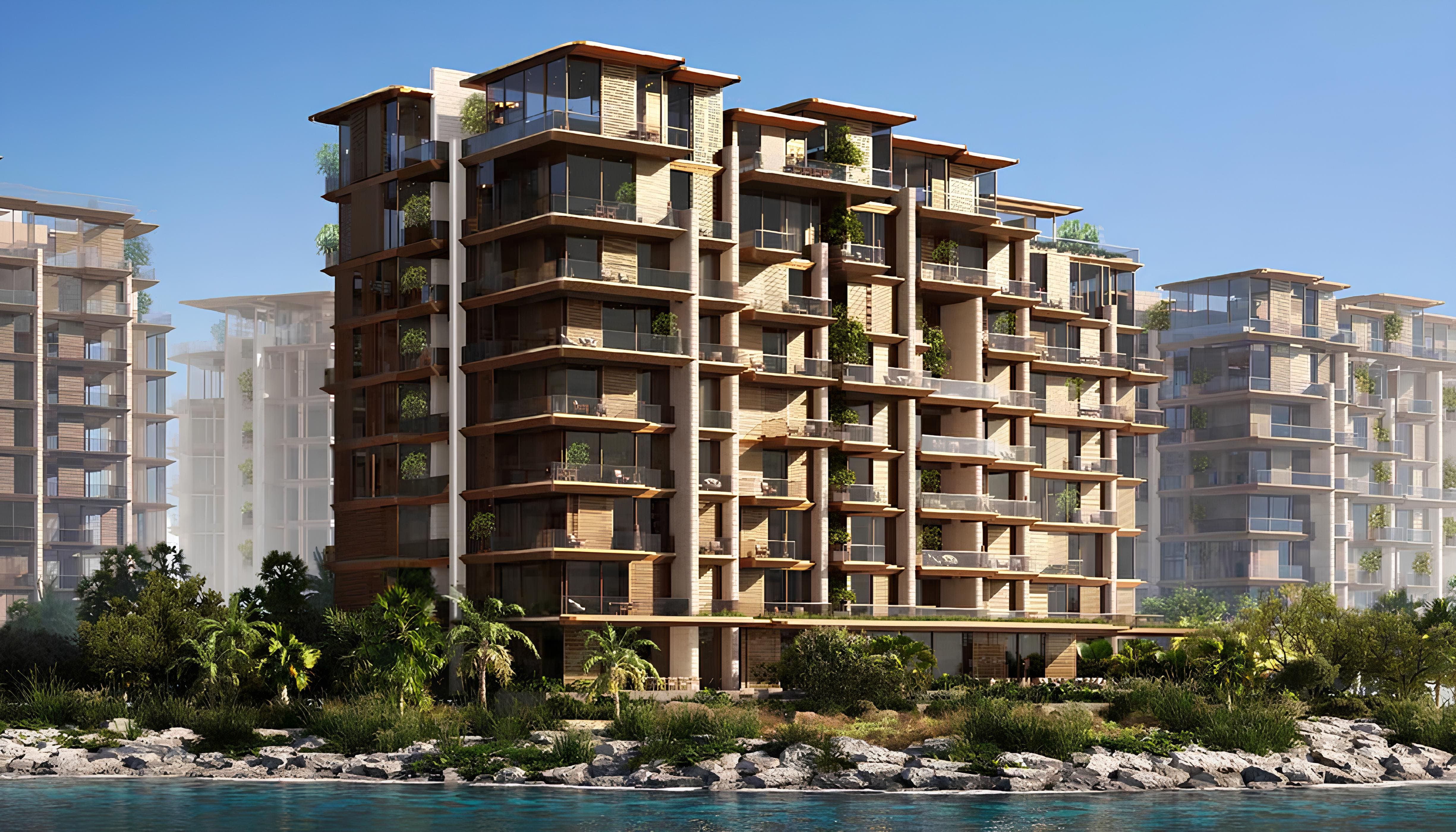
Once you have the Title Deed in hand, your investment becomes a business, and managing it from afar is crucial to maximizing your return. You cannot effectively screen tenants or handle midnight maintenance calls from Sydney.

Hiring a specialized Property Management (PM) company is not optional; it is mandatory for remote investors.

Ejari means “my rent” in Arabic and is a mandatory tenancy registration system managed by the Dubai Land Department (DLD).

Rental payments in Dubai are typically made via cheques (often 1, 2, 4, or 6 post-dated cheques for the year). Your Property Management (PM) company will handle depositing these into your nominated UAE bank account.

While the ready (completed) property route is cleaner, the higher returns are often found in the off-plan market, which comes with higher risk.

Buying a property off-plan (before it’s built) has some big perks:
You don’t need all the cash right away. You typically start with a small 10–20% booking fee, and the rest is spread across the construction period (e.g., half during building, half on handover).
Developers often sweeten the deal—waiving DLD fees, offering furniture packages, or even guaranteeing a specific rental income for the first few years.
The best chance to see your property's value go up is usually in that time between when the project launches and when the building is finished.
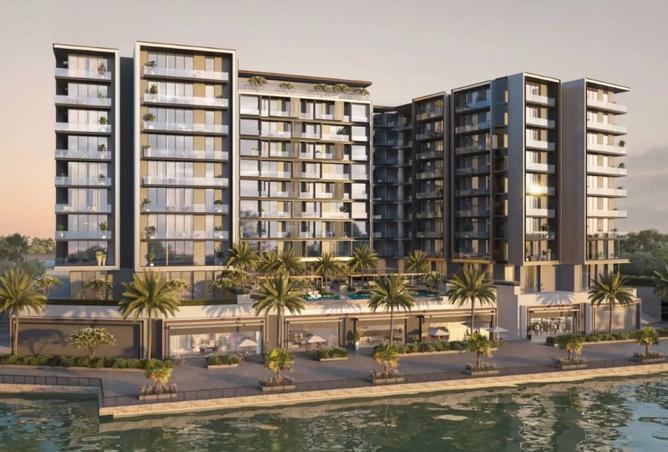
Ownership of a ready-to-move property is like holding an asset that is operating and producing returns right away.
A completed unit can be made available for rent as soon as you buy it,, unlike off-plan which requires waiting for the development to be constructed before income is generated. This immediate rental income will allow you to get positive cash flow to cover costs and expenses, or increase your overall passive income.
Risks associated with construction delays, issues with construction companies, and specifications not being conducted, are all removed. You will be able to go and inspect the exact unit before you buy it.
The area is fully developed, meaning amenities like restaurants, shopping, schools, traffic, and neighborhood demographics are all established. You can now easily assess the market rental value and potential for capital appreciation.
If you want to truly succeed with off-plan purchases, you should only work with reputable master developers. Most importantly, make sure that every payment installment you send is tied to a RERA construction milestone and that your funds are safely held in a government-monitored escrow account. This is a clever investor strategy to protect your investment.

Eventually, you will want to realize your capital gains. The selling process largely mirrors the buying process, only in reverse.
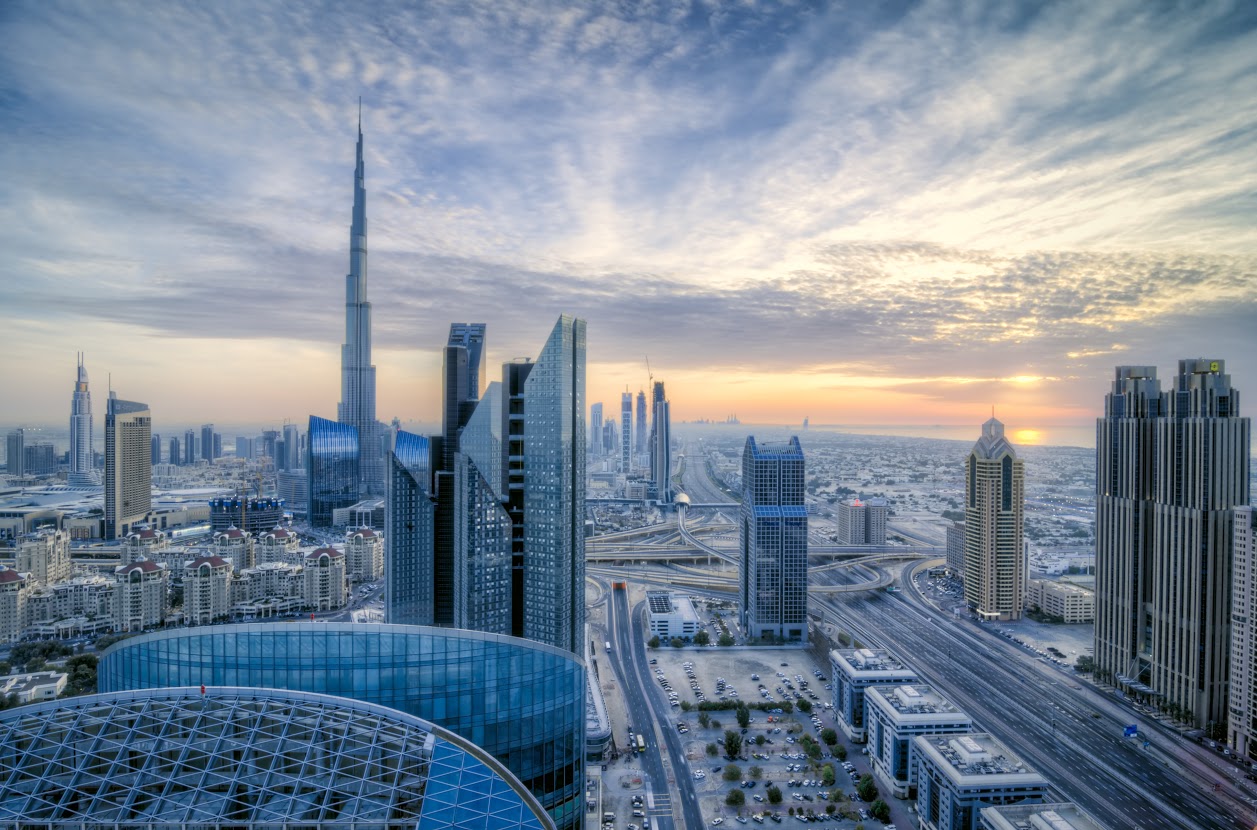
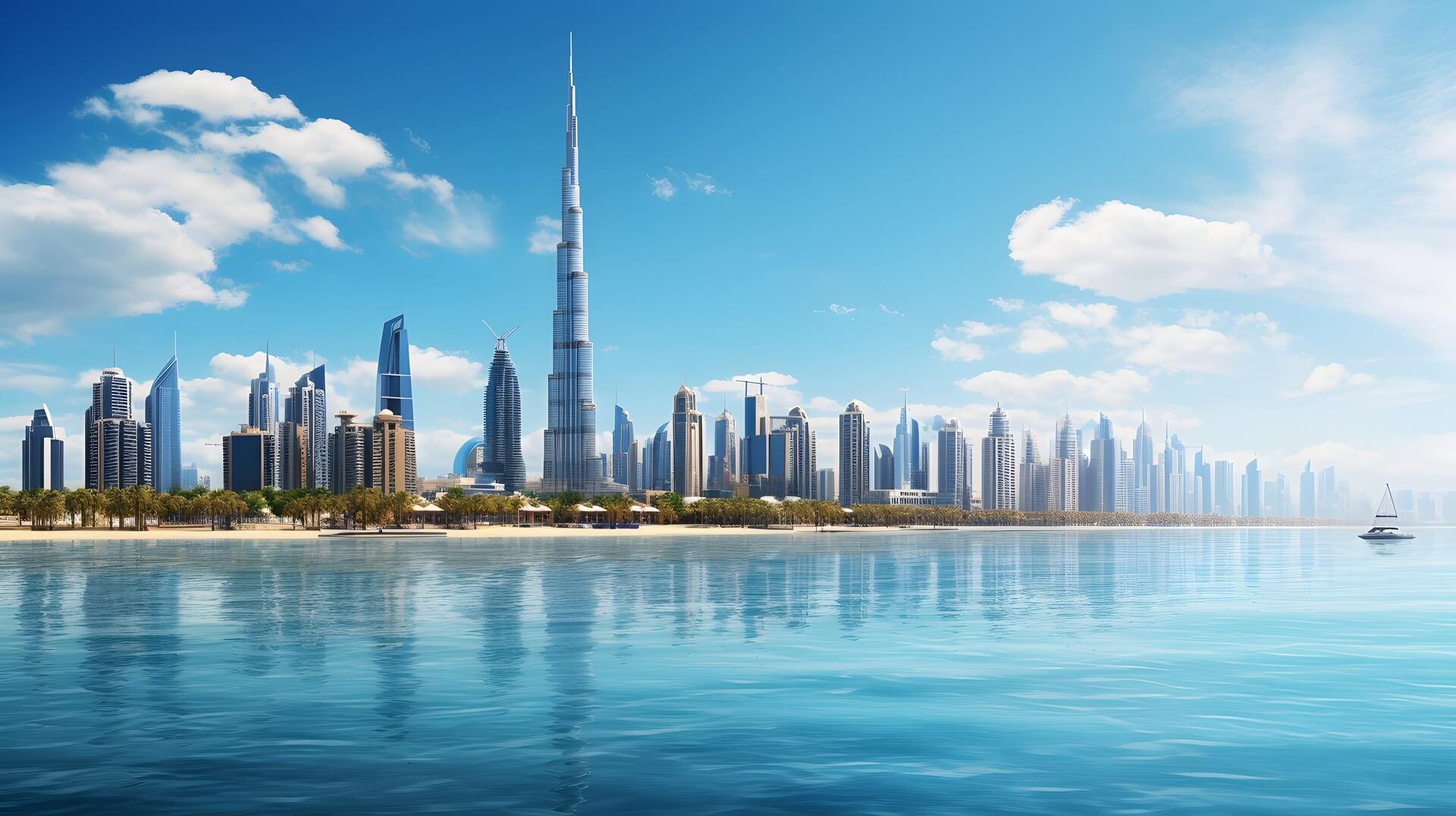
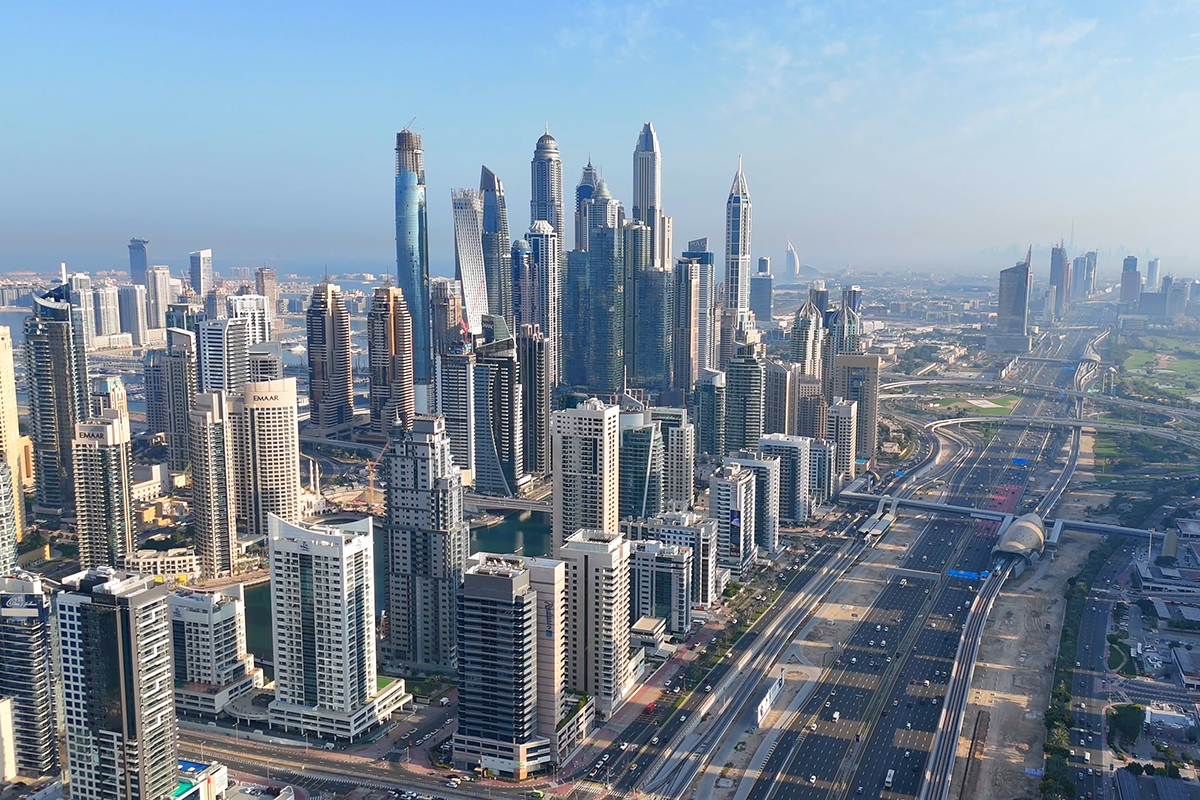
Dubai does not have a formal CGT, but it imposes a 4% transfer fee regardless of holding period. Historically, the market penalised very short-term sellers:
FAQ
Yes, you can buy residential and commercial properties in Dubai from Australia.
Some of the best areas to invest in Dubai Real Estate include Downtown Dubai, Jumeirah Village Circle, Business Bay, Dubai Marina, Palm Jumeirah, Arabian Ranches, Dubai Hills Estate, Dubai South, and Jumeirah Lake Towers.
Yes, investing in Dubai Real Estate can give you high rental yields due to its strong market growth. You can enjoy tax-free returns, and a business-friendly environment.
Dubai offers Australian investors a truly powerful and stable alternative to the domestic market, thanks to its high rental yields and zero local taxes. However, success depends on ignoring the Australian rulebook.
You must understand the DLD's regulations and your continuous obligations to the ATO back home.
You can consult an experienced, RERA-certified team, such as FP Property who can remote management of the entire investment process.
A formal Power of Attorney (POA) and a highly specialized, are essential for the effective,
Don't invest based on the hype; invest with a clear strategy and expert support to turn Dubai’s potential into your secure, profitable reality.
Share your details and we’ll email you the latest projects, payment plans, and step-by-step guidance for Australians investing in Dubai property.